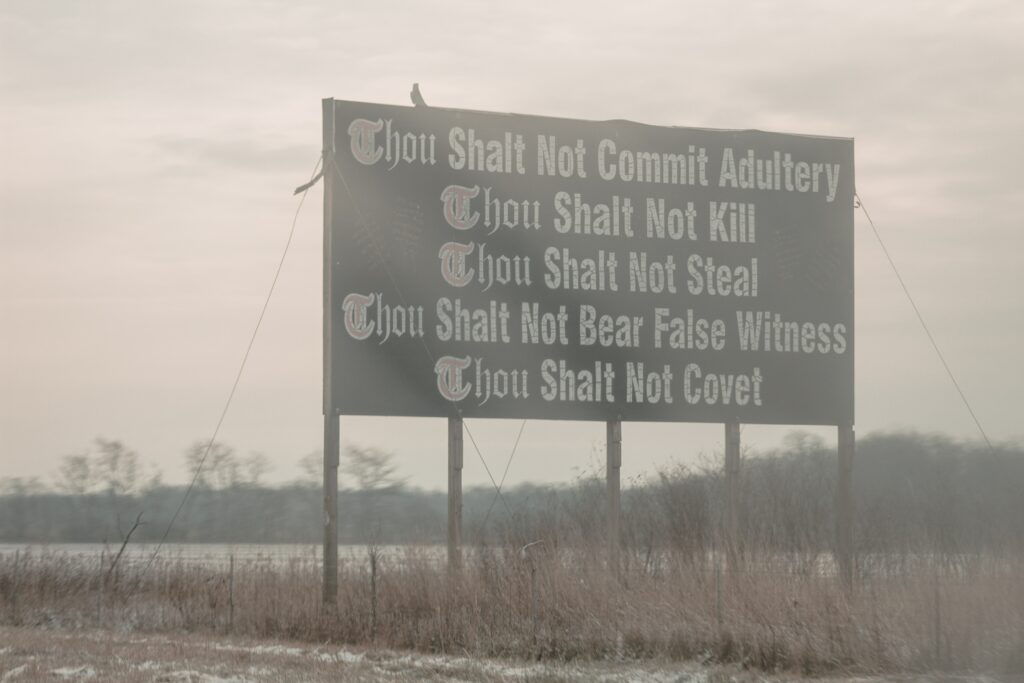
Part 1: Taking the Long View | Part 2: Anticipating the Then | Part 3: Living in the Now—Confident Expectation
We live now in the confident expectation of Christ’s certain return.
But in spite of that bright light at the end of the tunnel, we do indeed live in a tunnel, and roses don’t grow in tunnels. The Bible has more to say about how we live as we anticipate The Light.
After lambasting those of his day who hold all the social power and oppress those who don’t (Jam 5.1-6), James turns to the unempowered—which in those days included the Christians—and says,
7 Be patient therefore, brethren, unto the coming of the Lord. Behold, the husbandman waiteth for the precious fruit of the earth, and hath long patience for it, until he receive the early and latter rain. 8 Be ye also patient; stablish your hearts: for the coming of the Lord draweth nigh (Jam 5.7-8).
Be patient, he says. This is the word used to describe Abraham’s waiting—for years—for a son through Sarah (He 6.15). It’s the word used to describe the Lord’s waiting for us to come to repentance (2P 3.9). It’s the first word listed in the virtues of love (1Co 13.4).
You know people like this. You’re all torqued about something, and in a frenzy, and there’s that old guy who’s just sitting calmly, at peace, in stark contrast to your gesticulations, your full-bore linear panic. And when the panic has passed and the chaos has settled, it becomes obvious that the old guy had the sensible response—usually because this isn’t his first rodeo. It’s those with long experience who are in a position to “keep calm and carry on”—to focus on executing the fundamentals when it looks like the other team is just going to run up the score. To be the tortoise rather than the hare.
The illustration James chooses for this characteristic is the farmer. He prepares the soil, and then plants the seed, and then prays for rain.
And then waits.
Most of us, being continental Americans, are used to four seasons: spring, summer, fall, winter. In much of the world, however, particularly the tropics, there are just two seasons: dry and rainy. I’ve spent a fair amount of time in equatorial countries (Ghana, Kenya, Tanzania) where the temperature—and the day length—hardly changes at all. What changes is the precipitation. In the dry season, we’ll go weeks with no rain. In the rainy season, we hardly ever miss a day of rain. If we’re doing work in the bush villages, we have to plan to avoid the rainy season, because the dirt roads will be completely impassable with mud.
Israel’s not tropical, but it does have a Mediterranean climate, where summers are warm and dry and winters are mild and wet. The first, or “early,” rains of the rainy season normally arrive right after the Feast of Booths (Sukkoth) in the fall, allowing the farmers to prepare the soil for the spring planting. The “latter” rains show up after planting, around Passover in the spring, and precipitate (pun absolutely intended) the growth of the crops.
If you’re a farmer, you can’t make it rain; you just follow the seasonal pattern, do your job, and hope this year’s precipitation is normal.
James tells us to think like the farmer.
We actually have a better deal. The farmer doesn’t know for sure that the rain will come as it usually does; droughts do happen. But we know that the Lord is surely returning, though we can’t predict the timing.
And yes, it takes longer than a few months. So far it’s taken close to 2000 years, and for all we know, it could take 100,000 more. (Yes, it could be today; but I’ve long ago lost patience [heh, heh] with the hyperbolic date-setting exploiters.)
And so we wait.
But not idly.
More on that next time.
Part 5: Living in the Now—Diligent Occupation
Photo by Aaron Burden on Unsplash


